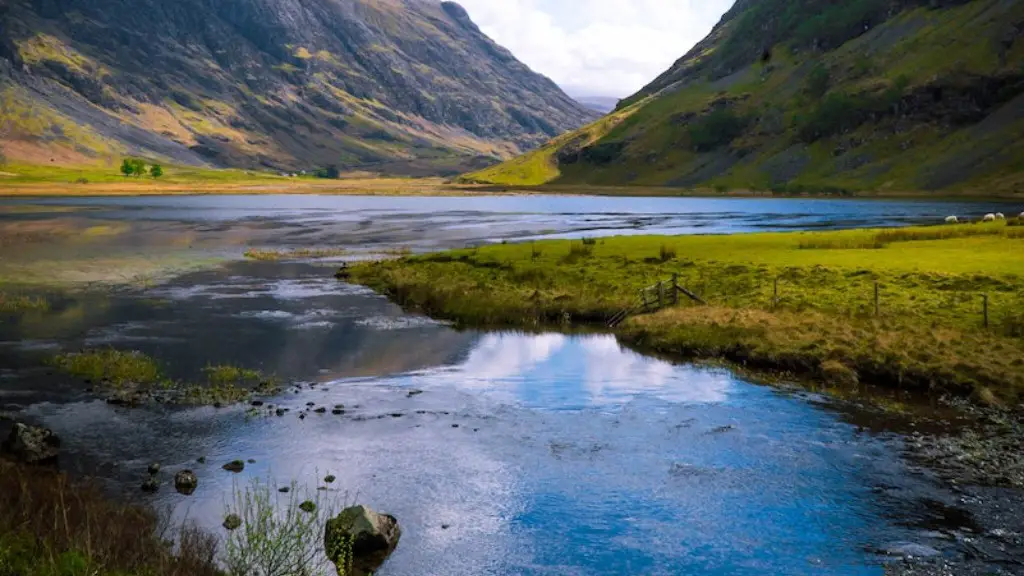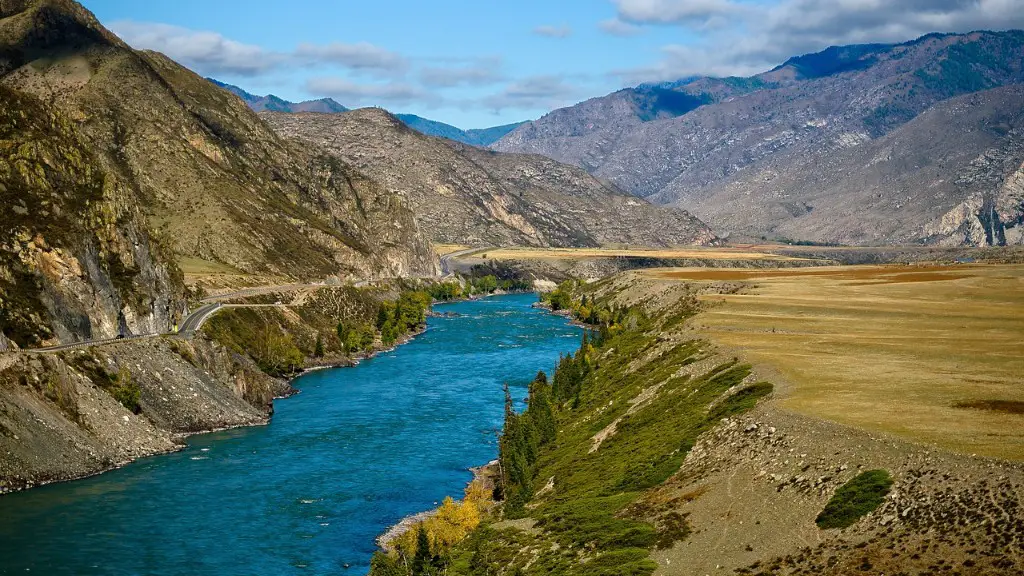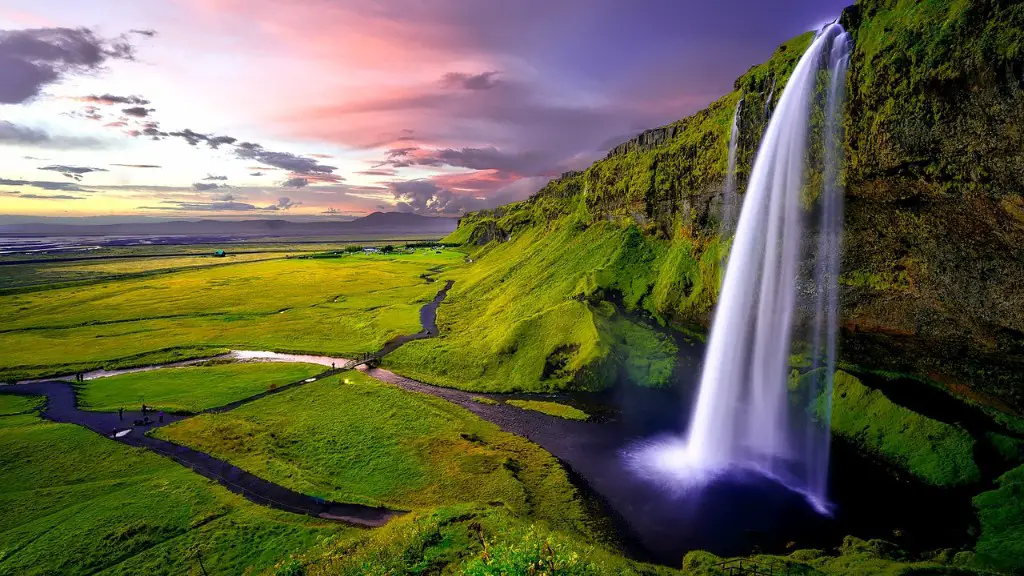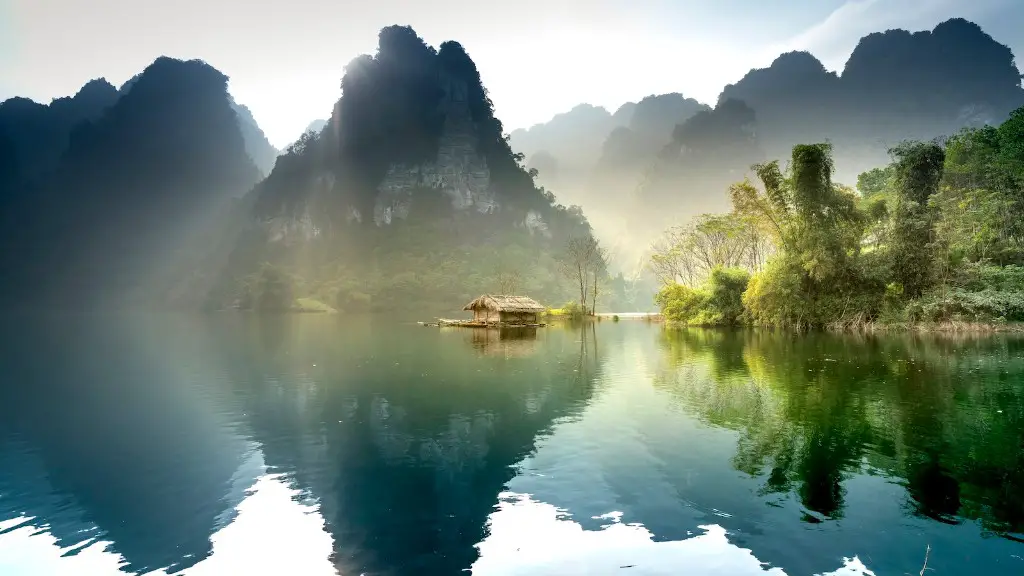Once considered to be the longest river in the world, the Nile river is one of the most important and powerful rivers in human history. Stretching through eleven African countries and into the Mediterranean Sea, the Nile River is a symbol of life and livelihood to millions of people in Africa and beyond. Interestingly, many scholars believe that without the Nile River, no other Ancient Civilization would have been able to set a permanent foot on this earth. It is pertinent to understand why the Nile was incredibly important to the foundations of Ancient Civilizations.
In the 5th Century BC, Herodotus known as the Father of History, wrote about some of the most influential and powerful civilizations of Ancient Greece and Egypt. He particularly wrote about the importance of the Nile to life. He said that it was responsible for watering parched land and providing it with life-giving moisture and nutrients. It is because of the regular flood of the river that the fertile land was able to create an agrarian society which enabled the growth and establishment of the ancient city of Egypt.
The Nile has for centuries served as the main source of trade and transportation for the Ancient Egyptians. Through ever-changing political and cultural regimes, the Nile served as the primary route of communication and the means of traveling to the Mediterranean Sea. Ancient Egyptians made use of boats to carry their goods and treasures to the neighbouring countries. In essence, the Nile provided Egypt with a convenient vessel of commerce.
In addition to its vital role in ancient economics, the Nile was also responsible for the development of religion in Ancient Egypt. As the source of life, the Nile River was seen as symbolic of the sun god Ra and was worshiped by the Egyptians. Ancient Egyptians believed that their god provided them with fertile land because of their strong belief in the principles of harmony and balance. For this reason, the rivers were also seen as sacred entities which required reverence.
Considering the Nile’s long history of importance to Ancient Civilizations, its potential to sustain and nurture societies and communities is still evident today. From its status as a cultural symbol to its ability to provide a source of water, the potential of the Nile River is unparalleled in human history. Even after thousands of years, the critical ways in which the river has provided sustenance, trade, and transport remain the same.
How it Affects Settlements Around the River
Remarkably, the settlements and cities around the Nile River still rely heavily on the river for sustenance. For thousands of years, people have lived and died next to the Nile by relying on it for both direct and indirect resources. For example, for agricultural communities, the river provides water for their crops, sustain the livestock and fuel energy for electricity. In addition to providing nutrients from flooding the land, the river is also the source of raw materials for many industries. Furthermore, the Nile has been responsible for providing access to the many Mediterranean and Red Sea ports.
The flooding patterns of the Nile River continue to affect inhabitants of these settlements in a major way. The Nile River floods every summer and is an incredibly powerful and unpredictable event. Consequently, this flood not only causes flooding of the land but also brings in silt and minerals which help to fertilize the land, therefore increasing agricultural productivity. Furthermore, it has created channels of communication and transport between settlements to nearby places such as Sudan.
The importance of the Nile River is evident in the way that it is venerated and respected. The Ancient Egyptians believed that the river represented Ra, the god of the sun, and it still remains an important source of life and livelihood. In many parts of the rural, as well as urban areas, the Nile is still worshipped as a powerful symbol of fertility and prosperity.
Impact of Nile’s Resources
The Nile plays an immensely important role in the sustenance of resources in the region. The importance of the Nile’s resource offering goes beyond agricultural production, extending to other areas such as industry, energy production and transportation. For instance, the river is an incredibely important source for energy production, as it contains a significant amount of water which is used to power through hydroelectric dams. In addition to this, the Nile is responsible for providing the sustenance of transportation due to the depth of the river and the number of ports and boats which are available on the river.
The extent of resources from the Nile is also astounding. As with any river of its size, there is a vast range of minerals, fish, and other animals capable of providing sustenance for people living on its banks. Fish such as Tilapia and Catfish are common catches, while crops such as maize and sorghum are staples of the region and have been grown along the riverbanks since Ancient Egypt. The significance of the Nile’s many resources is immense and has been a powerful factor in providing maintenance to the long-term peaceful and prosperous development of Ancient Egypt.
The Nile River is an incredibly important river and a major factor in the growth of civilizations in Africa and beyond. Its impact on Ancient Egypt and its importance to settlements in the region has been immense over the centuries. The Nile continues to provide sustenance through its many resources and thus is an invaluable source of life and livelihood in the region.
Impact on Society
The importance of the Nile River goes beyond economic factors and its resources: it has had an enormous cultural impact on the people of its region. Since antiquity, the Nile has been venerated and seen as a life-giving source which sustained nations and civilizations. The Ancient Egyptians held the river in such high esteem that they believed it to be the source of the god Ra. The Egyptians prayed and made offerings to the river to ensure its continual wellbeing.
Throughout its history, the Nile River has been a source of education, knowledge and entertainment. Ancient Egypt was known for its abundance of schools and universities in which scholars and students studied literature, philosophy and science. It was a place where knowledge was shared and sacred rituals were practised. In addition, the Nile was also the source of entertainment for the Ancient Egyptians. People visited the Nile for outdoor activities and sports. It was also the source of stories and tales that were told in temples and passed from generation to generation.
The importance of the Nile River has been an integral part of ancient Egyptian culture and continues to impact the way of life as it is today. The Nile has long been a source of celebration, nourishment and relaxation and is a living testament to the power of water and its ability to sustain life. Although its influence on societies of the day has changed over the centuries, its importance and meaning still remains.
Modern Uses of the Nile
In modern times, the Nile River has been transformed into a massive waterway that serves as a symbol of progress and development. The impact of the river on the region’s infrastructural development has been immense. It has been used for various purposes such as hydroelectric energy production and irrigation, which has helped to fuel economic growth. Countries along the riverbank have also seen a remarkable increase in trade due to its easy access by both sea and land.
As a result, the Nile is responsible for some of the most advanced cities and developments in the region. Cairo, located along the riverbank, is a metropolitan hub and a growing economic powerhouse with a high standard of living and quality of life. Similarly, Ethiopia has experienced massive modernization in the form of systems and railways, as a result of the resource availability of the river.
The modern use of the Nile has been vast and has enabled much of the development and progress seen in the region. It also continues to play an important role, linking different cities and countries together. The power of the river is still evident in the way it brings people and nations together by providing necessary sustenance and resources. In sum, the importance of the Nile is evidenced today in its ability to shape and influence the way of life around its riverbanks.
Environmental Impact of the Nile
Since its inception, the role of the Nile River has been critical in providing sustenance to people, societies and cultures alike. Consequently, it is important to recognize the environmental impact of the river and the ways in which it has been affected by human activity. The Nile is susceptible to various environmental changes and human-made threats such as pollution and sedimentation.
The environmental issues faced by the Nile River are different from other rivers around the world, as the Nile is shared by several countries, whereas most other rivers are found in a single nation. Thus, the global changes that affect the river’s ecology are disseminated among all the areas it severs. Among the problems faced by the river are water shortages, pollution and erosion, due to unsustainable farming and industry practices.
Given the importance of the river, there is a need to start implementing policies to protect the environment and the sustainability of the resources it offers. The role of the Nile in providing food, water, and energy to a large population is incredibly important, thus, making it all the more necessary to ensure its protection. In this regard, it is important for all the countries along the riverbank to work together to protect and preserve the river for future generations.
Modern Solutions to Protect the River
Over the years, numerous efforts have been made to protect the Nile River and its resources. From policies to technological advances, the impact of these solutions on the sustainability of the Nile has been immense. For example, many states have adopted policies to reduce water wastage and agricultural runoff from farms and other industries that pollute the river. Additionally, the use of electromechanical projects and modern dams have been employed to control flooding and sedimentation.
Moreover, wastewater treatment and buffer zones have been established to reduce the impacts of development. Furthermore, the use of natural resources such as wetlands and buffer zones to reduce run-off and pollution has been effective in protecting the fragile ecosystems of the river. All of these measures have been incredibly effective in curbing the environmental impact of the river.
The Nile River is an incredibly important river and its protection is paramount. In recent times, there has been a vast shift in terms of how the river is managed, from traditional practices to modern methods of sustainability. As a result, the importance of the river has seen a revitalized attention and an increased effort by governments and organizations to protect this critical source of life.





